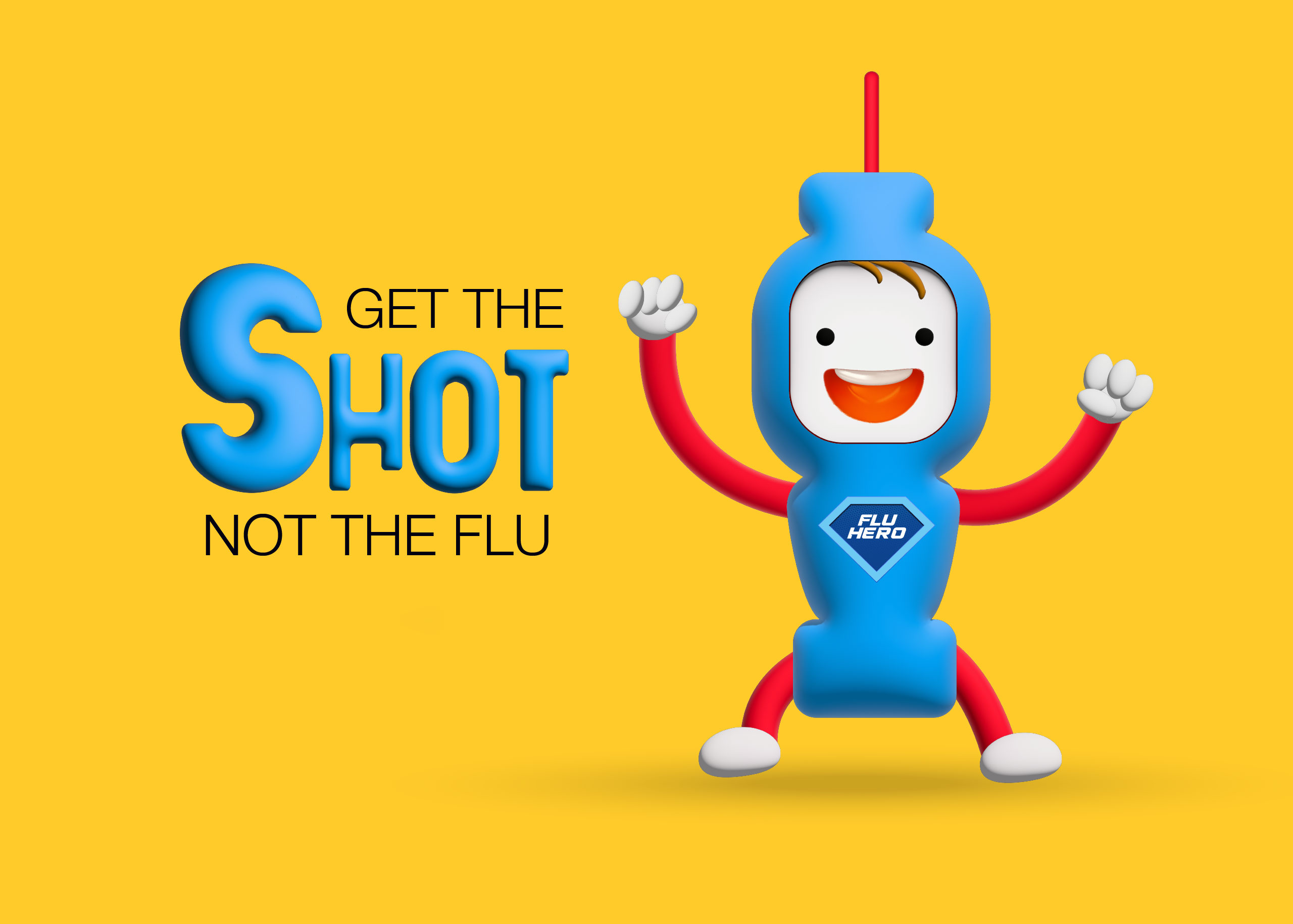What is the flu?
Flu, also known as the influenza virus, is a contagious respiratory illness that affects your nose, throat, and lungs. You can get it from other people, who may not know they have it for up to two days after they become sick. The flu spreads quickly from person to person through droplets released when people cough or sneeze. You can also get the flu by touching a surface or object contaminated with the virus.
The flu often causes fever, chills, and body aches. You might also have a headache, sore throat, and runny or stuffy nose. In some cases, you could have vomiting and diarrhea as well. Some people may have mild illness with these symptoms alone; others may develop pneumonia—a serious flu complication that requires hospitalization.
The best way to protect yourself against the flu is by getting vaccinated each year before the start of flu season in October/November.
What are the symptoms of the flu?
The symptoms of flu include:
- Mild to high fever (usually around 100 degrees Fahrenheit)
- Chills/sweats
- Body aches, headache, or sore throat
- Sore muscles
- Coughing and sneezing
Who is at high risk for flu complications?
Young children, pregnant women, the elderly, and those with chronic conditions are at higher risk for flu complications. Flu complications can include pneumonia, bacterial infections of the airways, ear infections, sinus infections, dehydration from lack of fluids, or worsening of underlying medical conditions such as asthma.
What’s the difference between flu and cold?
Flu and a cold are viral illnesses that can make you feel pretty miserable. But there are some significant differences between the two—the main one being that flu symptoms tend to be more severe than cold symptoms.
Flu is caused by an influenza virus, which affects your respiratory system. On the other hand, a cold is caused by a different type of virus called rhinovirus (or “common cold”).
Both symptoms can include fever, cough, runny nose, aches and pains, and headaches, but the severity differs between flu and colds.
Can a child get sick with the flu again this season?
Yes, a child can get sick with the flu again this season.
The flu virus is different every year, and it changes yearly. Even if you’ve gotten the flu, there’s no way to know if your child will get it again. But there are some things you can do to protect them and yourself from getting sick again.
How can I protect my child from getting the flu?
You can protect your kid from the flu by getting them vaccinated. Once the vaccination is done, you can help them stay healthy by:
- Keeping them away from people who have the flu or a fever
- Ensure they don’t get close to anyone sick with a cough or sore throat.
- Keeping their hands clean by washing them often with soap and water
- Avoiding touching their face, especially when they’re in public places like school or work
- Make sure they get enough sleep at night so they feel well rested during the day (and also make sure they aren’t sleeping too much during daylight hours)
What should I know about the pediatric flu vaccine?
The pediatric flu vaccine protects against four strains of influenza: two strains of influenza A (H1N1) and two strains of influenza B. It’s important to note that these viruses change yearly, so there will be different types of viruses in circulation each year.
The best way to prevent infection by any type of flu virus is to get vaccinated yearly. The pediatric flu vaccine is highly recommended for everyone. Still, it’s especially important for young children because this age group has not yet developed immunity and is particularly vulnerable to influenza complications such as pneumonia (which can be fatal).
Is the flu vaccine safe and effective?
Yes, the flu vaccine is safe and effective. Doctors recommend that everyone over six months gets a flu vaccination each year, and doing so can be life-saving, especially for people with chronic illnesses. People considered at high risk for complications from the flu should get their flu shot as soon as possible.
How is the pediatric flu vaccine given?
The pediatric flu vaccine is shot in the arm or thigh. The doctor will inject the shot into your child’s upper arm or thigh muscle, usually with an automatic needle. The injection does not hurt but may cause mild soreness for one or two days afterward.
Is it safe for my child to be around others after they get the pediatric flu vaccine?
Yes, it is safe for your child to be around others after they get the pediatric flu vaccine. There is no risk of spreading influenza from someone who has received a vaccine because the virus they are vaccinated against cannot be spread.
What age group of children can get the flu shot?
The flu shot is recommended for children from 6 months to 18 years old.





























